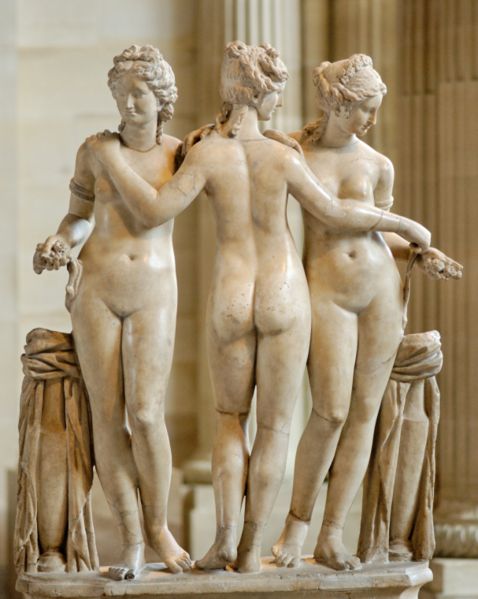The term "Hellenistic" was coined to refer to the period of history between the death of Alexander the Great (323 BCE) and the death of Cleopatra VII (30 BCE), although the upper and lower limits of the Hellenistic era are currently open to debate. The historical circumstances of the Mediterranean world and the Near East shifted dramatically as a result of the career of Alexander, whose military campaigns stretched from Greece to India. The resulting Greco-Macedonian diaspora and the highly increased interactions between Mediterranean and Near Eastern cultures had a major impact on the political, economic, social, and religious lives of dozens of cultures and millions of people.
This earliest forerunner of globalization has many lessons for our own era. Furthermore, the social, cultural, historical, and scientific developments of the Hellenistic Age profoundly influenced their neighbouring cultures and later Mediterranean civilizations - Roman, Jewish, Christian, Byzantine, Islamic - and through them have transmitted their influence into the contemporary world.
